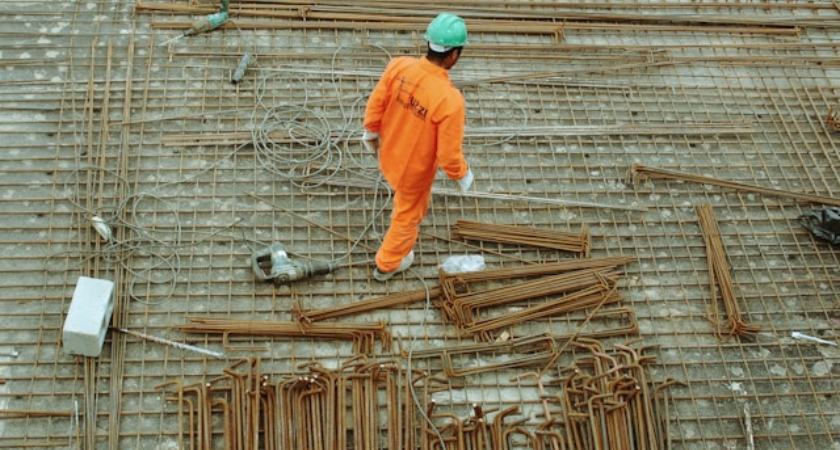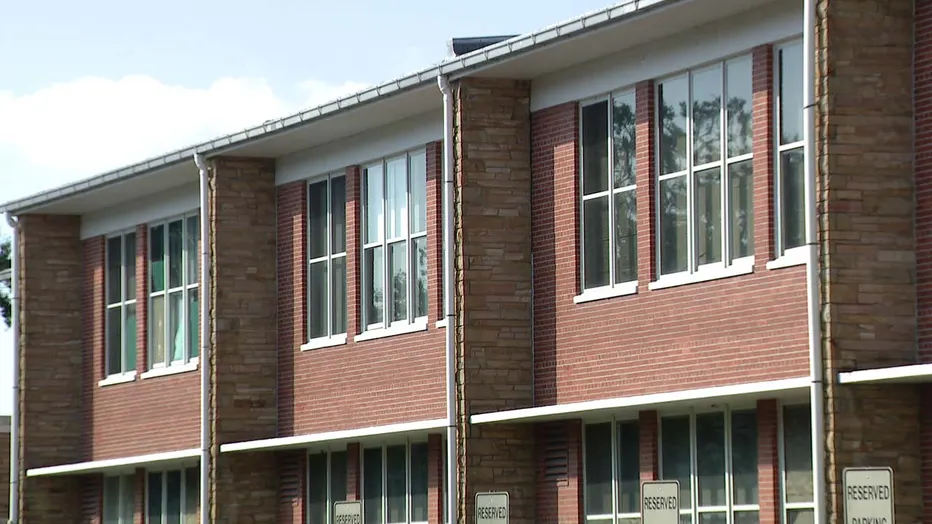
The debate over Florida’s rapid expansion of its Schools of Hope charter program intensified in Tampa this week as Hillsborough County School Board members weighed the risks of building new public schools that could soon be partially taken over by charter operators under a controversial state rule. Despite warnings from parents and board members, the district ultimately approved nearly $150 million in major construction projects — but not without heated concerns over who will eventually occupy the space.
.jpg)
The board’s vote greenlit construction for two replacement campuses — Just Elementary and Stewart Middle School in Tampa — as well as a new middle school in the county’s South County region. Parents at the meeting demanded that local officials defend traditional public schools from charter encroachment. One speaker warned board members that "The community is asking for you to protect our public schools." Others were even more direct, describing the expansion of co-location authority as "the hostile takeover of our public schools by the Schools of Hope."
At the heart of the debate is a state rule passed in September that grants Schools of Hope operators the right to occupy space in under-enrolled public schools at no cost. Once inside, districts must provide services ranging from transportation to food and custodial support — all paid for by taxpayers, not the charter companies that benefit.
Hillsborough Superintendent Van Ayres revealed the immediate pressure the district is facing, stating to the board, "I received twenty-two notices" from two major charter operators interested in co-locating in public buildings across Florida. The most pressing question: Could newly built schools become immediate targets if they do not fill to capacity quickly?
New campuses historically take several years to reach full enrollment. That lag time could make them prime real estate for charter chains. Board member Stacy Hahn issued a blunt warning: "any shiny new school, you’re going to get a letter." She and board member Patti Rendon pushed for delays in construction until lawmakers revisit the policy. Hahn cautioned that "To turn part of these buildings over for co-location would be devastating for our families and students." Rendon echoed the urgency, saying, "Co-locating is real. It’s at our back door. Legislators are going to have differences of opinions. They could be changing things."

Despite mounting pressure, most board members argued that students should not lose access to new facilities simply because the state created uncertainty. Board member Nadia Combs insisted that underserved communities should not be forced to wait, explaining, "My intention is to spend and rebuild in the areas that are underserved."
Combs also rejected the idea that the district should postpone new projects until Florida clarifies the rule, saying, "Things are constantly moving, and we’re never going to have any clarity." For now, Hillsborough will build — even if who gets to use these campuses remains an open question.
Governor Ron DeSantis and state education officials continue to defend the Schools of Hope expansion as a measure that gives parents in struggling school zones broader choices. Charter groups seeking co-location argue they are simply following the law and widening access to strong educational options.
But critics across Florida say the new rule destabilizes entire communities and forces school districts to lodge competitors in their own buildings. Pinellas County Sen. Darryl Rouson recently criticized the changes as "chaotic" and pledged to pursue legislation to reverse the co-location rule. Similar concerns are rising in multiple counties as districts brace for charter operators who may view low-enrollment public schools — or slow-filling new ones — as easy opportunities.
Originally reported by Aaron Mesmer in Fox 13 News.